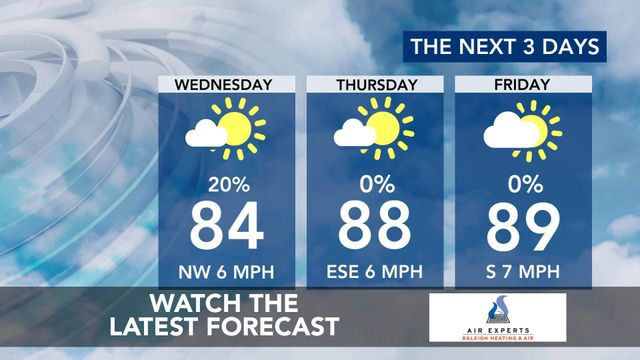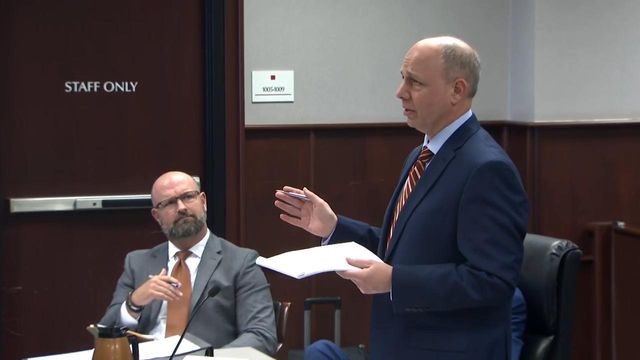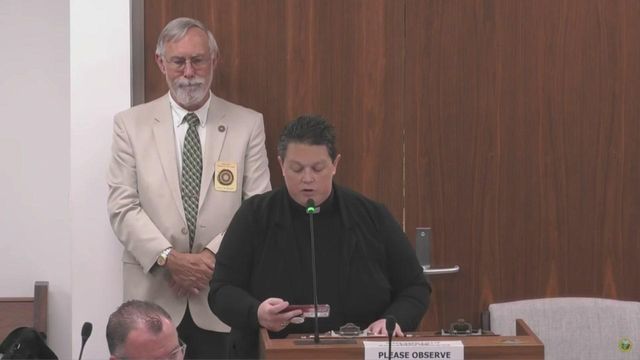4 academic factors that impact a student's experience

This article was written for our sponsor, Cresset Christian Academy.
Creating a positive learning environment is one of the most important factors in the success of a child's education. A comfortable classroom, qualified instructors and supportive peers can lend themselves to greater understanding and comprehension of material, as well as a willingness to ask questions.
With each grade level having an impact on the future of a student, from kindergarten through 12th grade, fostering the right environment can bring benefits for years to come. For parents and guardians looking to provide their children with a positive academic experience, these are some of the key factors to take into consideration when choosing a school.
Student-teacher ratio
According to the Brookings Institute, one Tennessee study found that smaller class sizes increased student achievement by the equivalent of around three extra months of schooling four years later. By reducing the number of students in a classroom, teachers are able to give each child more one-on-one attention.
"I really get to know them better, and because we're a small school and students often have the same teachers for multiple years, we get to see the growth of the student," said Vicky Stelling, a middle school and high school teacher at Durham's Cresset Christian Academy. "We believe that every child was made in the image of God, and they've all been given gifts. They all have a role in our society, and ultimately, we're here to help them foster and grow those gifts."
Qualified, compassionate staff
A good instructor can make all the difference in the life of a student. A North Carolina study found that ninth-grade teachers who made an impact on their students saw an increase in attendance, grades and graduation rates.
"In any school setting including ours, smaller classes and teachers who care give every student an opportunity to get individualized instruction that they need. We may teach the entire lesson and half the class is ready to move on, but the other half of the class is struggling a little bit — we have that opportunity to give individualized instruction," said Angela Tippett, a middle school and high school teacher at Cresset. "We're not just trying to teach to the middle and hope for the best. We try to meet every kid where they are. It's not a 40 hour week for us — it's whatever it takes to get those kids where they need to be."
At Cresset, many teachers also have PhDs, masters degrees or other relevant higher education training, allowing them to combine extensive experience and background with Cresset's emphasis on compassion and connection.
Distinct values
A holistic education centers on more than just providing a student with academic instruction — it also emphasizes educating them on how to become better local and global community members. Through stressing these distinct values, schools help students improve their critical thinking, problem solving and social skills.
"We are devoted to the shaping of the entire student, not just an academic approach. We start that in kindergarten and preschool and carry it all the way through. Not only are we trying to shape them academically, but we're also trying to shape them into students that are service-oriented, community-minded and civic-minded," said Tippett. " When they walk across that stage as seniors, we want them to be able to go into the workplace and defend what they believe while also to being those solid, team-building types that employers and colleges are looking for."
Tight-knit student body
Outside of the classroom, peer influence is one of the strongest factors in a student's academic environment, and a supportive student body can impact everything from academic performance to the development of social skills.
At schools like Cresset, interaction is encouraged between students from kindergarten through twelfth grade.
"It is such a solid community for students at all grade levels, including the preschool. It feels more like a family — and you can feel it the minute you walk through the front door," said Tippett. "This is a place where people are comfortable, they're happy, they're engaged in learning and they're on the same page, as far as the success that we want for our students. We build those personal relationships in and out of the classroom and that creates a much stronger bond than a lot of schools have."
For Stelling, those personal relationships have been seen first-hand not only as a teacher, but also as the parent of a student.
"It's a great experience for your 13-year-old kid to be able to look up to a high schooler who can be a good role model for them. We have a number of all-school events with students from kindergarten to 12th grade involved," said Stelling. "Our school musical, for example, gets first and second graders involved in the chorus while high schoolers play the leads. Things like that just foster a whole school community and make that community feel like a family."
This article was written for our sponsor, Cresset Christian Academy.











